Item added to your cart
Buy our
products online
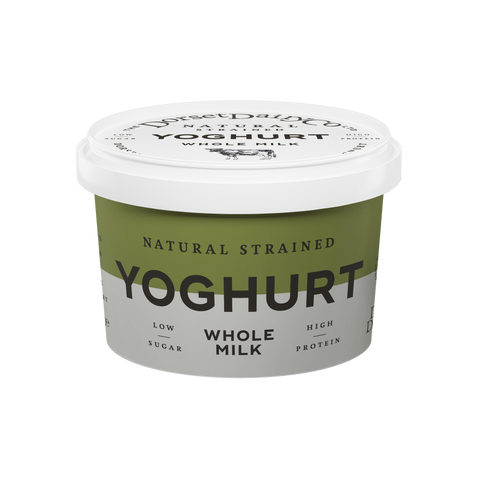
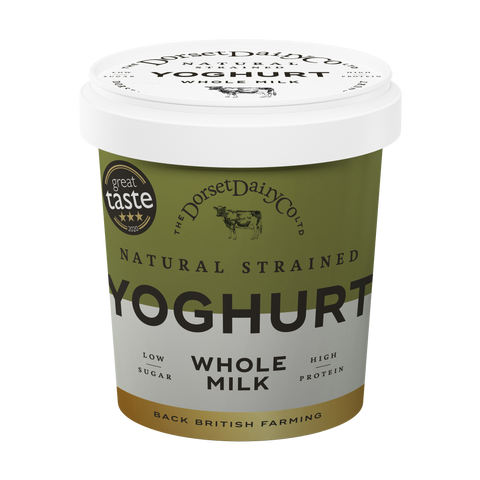
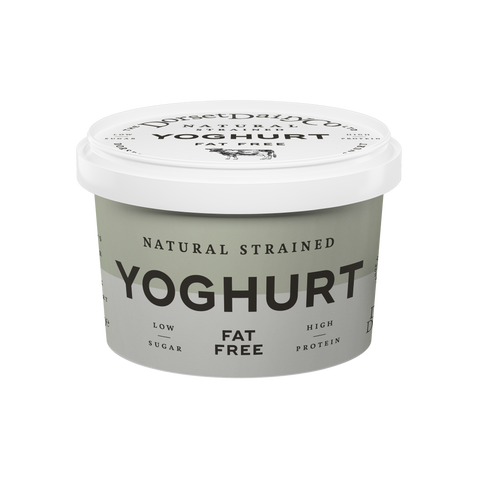
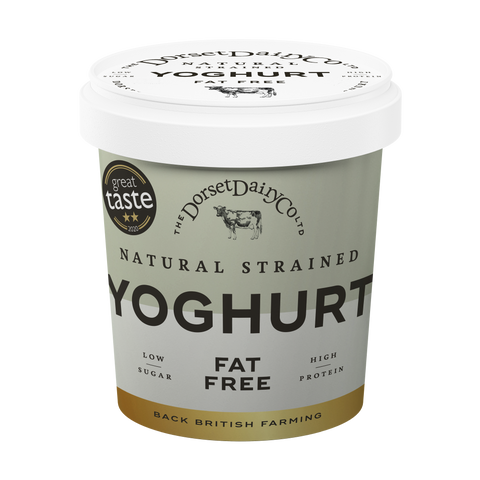
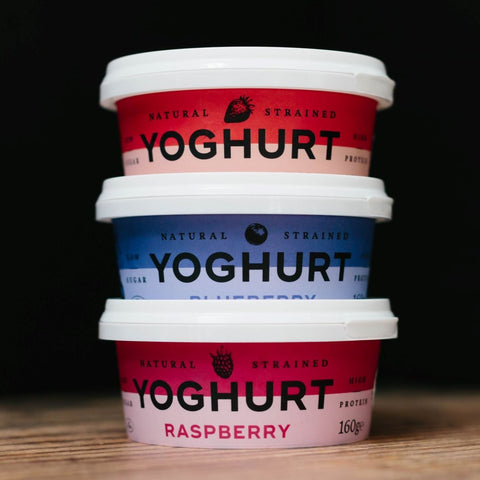
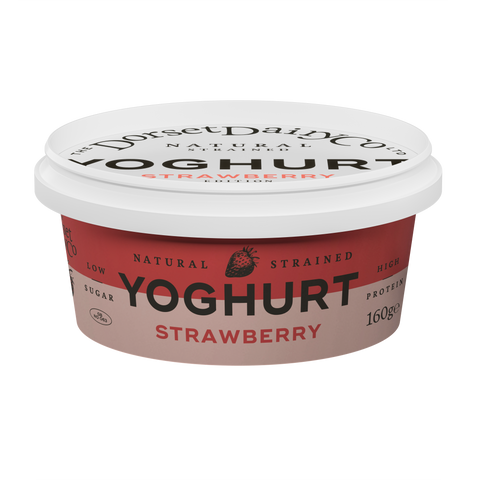
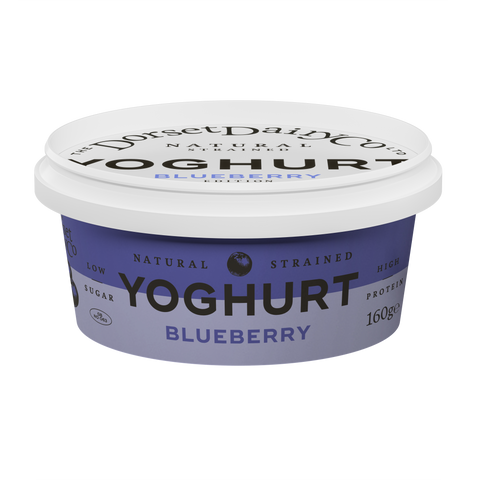
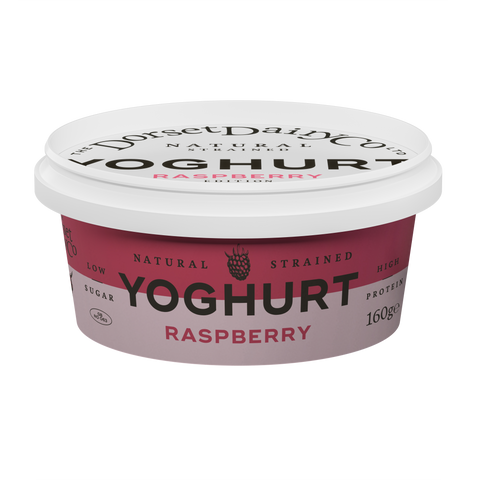

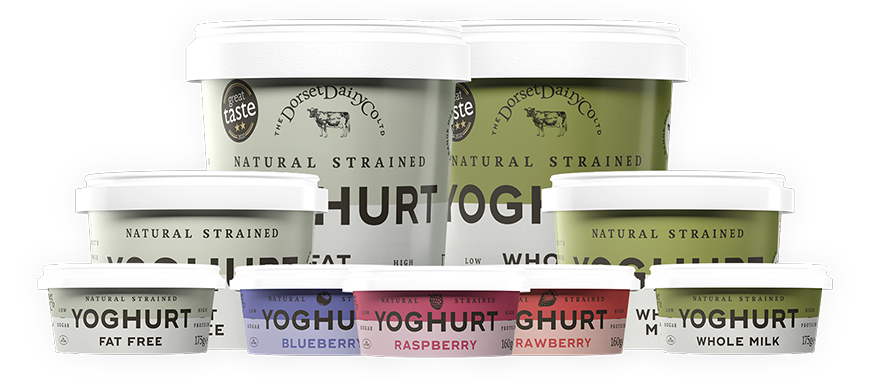
Natural
Nutritious
For every litre of yoghurt, we start with three litres of milk and after adding our carefully selected cultures (including probiotics), it is strained using traditional methods to create a thick, creamy texture packed with protein.
Find out more
It all started 65 years ago in a Dorset village called Stalbridge
Dan's Grandad moved to Crib House Farm and started his small milk producing business with just 20 cows and an appetite for adventure.
Dan & Alex
Dan is the third generation of the family to embrace the world of farming at Crib House Farm.
He started working full-time on the farm when he was 18 years old and met Alex a few years later, convincing her to swap city life for the countryside. After years of watching the undervalued milk leave the farm in tankers, Dan started to think about ways of putting it to better use. He started experimenting with soft cheese when, one day, Alex brought a tub Greek yoghurt home and it was love at first spoonful for Dan. It wasn't long before he was culturing milk on the AGA in the farm kitchen and straining it through cheese cloth to achieve a thick, creamy texture. The results were an instant success with family and friends, and so, the idea of Dorset Strained Yoghurt was born.
We started the Dorset Dairy Co as a farm diversification project to process the farm’s milk into fresh, natural dairy products with a clear provenance.
Sadly, since then, the herd was decimated by bovine TB and then the farm struggled as raw milk prices dropped below the cost of production on multiple occasions. In the summer of 2023, with no end in sight to the rising costs of our inputs, we took the very hard decision to sell the herd. This left the Dorset Dairy at a crossroads. The business had grown substantially and now featured several product ranges and a large milk refill business. We decided to focus on our core cultured products using local milk.
We use high-quality, free-range milk from local family dairy farms.
When we decided to sell our beloved herd of Holstein Friesians, we knew that we only wanted to source milk from a dairy with the same ethos as us, which is why we approached Barber’s, who we used to supply. The Barber’s assurance scheme ensures high welfare standards along with a minimum of 120 days grazing a year and allows only soya and palm feeds from certified as deforestation-free.
Crib House Farm is nestled in the heart of the Blackmore Vale, a broad and picturesque valley that has been used to farm livestock and dairy for hundreds of years.
Our gently rolling fields knit together to form a patchwork quilt that covers over 300 acres of beautiful Dorset countryside. Thick hedgerows bristle with wildlife and the underlying clay soil provides the perfect environment for pasture and forage crops. Traditional crop rotation along with a regenerative grazing system ensures that the soil remains rich and fertile.
Good land management and sustainability are core values at Crib House Farm.
We manage our carbon footprint by being as energy efficient as possible by using modern solar energy technology alongside heat recovery systems. We will also be joining some of the new Environmental Land Management schemes.
Our farm is now home to a small herd of beef cattle.